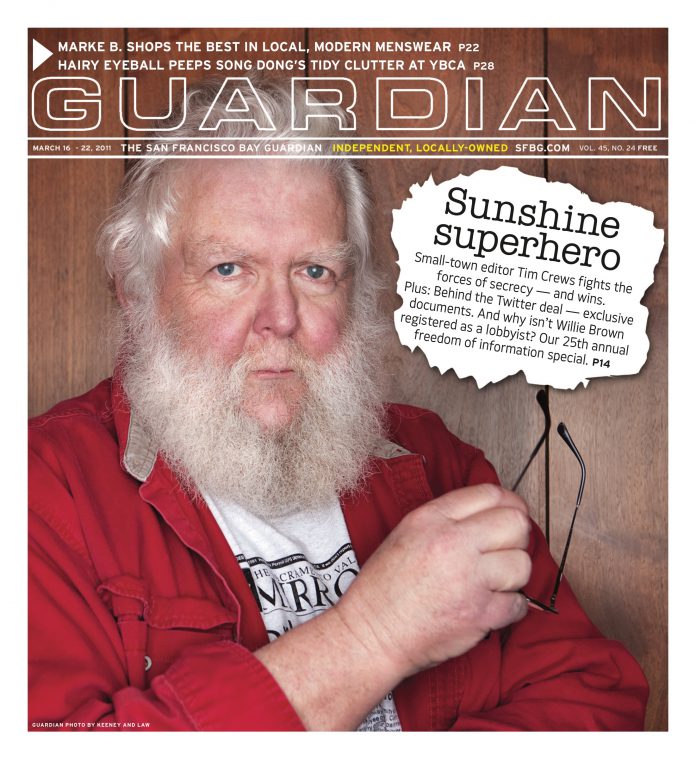GAMER When they first announced a new game called Dragon Age: Origins, the prizewinning developers at BioWare were enjoying the success of Mass Effect, their wildly popular space opera, which had just introduced the public to the intergalactic potential of the studio’s imagination by creating an entire sci-fi universe from scratch. If Mass Effect was all about the future of role-playing games, Origins was all about their past. Almost defiantly traditional, even down to its title, the game embraced shopworn role-playing game tropes like dwarfs, elves, rogues, and locked chests with the tender respect of a closet-cleaning teenager encountering a childhood toy.
Set in a world of high fantasy that simultaneously revered and reinvented the genre’s many archetypes, the series also resurrected the company’s most popular play style: players control one hero and three companions, switching between them at will. The fighting can be paused at any time to better coordinate your party’s actions.
Despite having many virtues, Origins was marred by its imperfections. Its art directors woefully misinterpreted their retro mandate (the loading screen featured what was effectively a giant, rotating tribal tattoo). The scope of the game world, along with the geographic and interspecies conflicts that underpinned it, was unevenly developed. An overabundance of meaningless dialogue meant that the urgency of the plot was often lost amid the ramblings of boring NPCs. Most damningly, the combat felt strangely weightless — allies and adversaries seemed to stand there swinging mightily at each other until someone fell down.
Dragon Age II is as elaborately polished and stage-managed as its predecessor was rough-hewn and idiosyncratic. The game’s opening sequence drops you right onto the battlefield, showing off a redesigned game engine that makes combat at once visceral, gory, and kinetic. Even while playing as a mage, zapping enemies at range with your staff, you feel as if your avatar is breaking a sweat. The characters’ special abilities look legitimately powerful, sending foes flying or julienning them into a shower of immaculately rendered giblets.
The story follows a family of refugees called the Hawkes, whose flight from their homeland of Ferelden parallels the events of the first game. Arriving in the city of Kirkwall, they are quickly confronted with the game’s major theme: dystopia. Founded centuries ago by an unpleasant-sounding empire of slave-owning magicians, Kirkwall is marked by strife, xenophobia, and violence.
Much of the conflict centers around BioWare’s carefully crafted axes of enmity. The city’s human residents resent the influx of Fereldean refugees. The local elves are considered second-class citizens, and summarily abused. The series’ treatment of magic is particularly fascinating, pitting a self-righteous order of Templars (who think that the magic-adept are dangerous and should be controlled by force) against the mages themselves (who bridle at the Templar’s pious enthrallment).
Players will experience Kirkwall’s vicissitudes both through their own story and through their relationships with a fascinating cast of characters. Rich or poor, straight or gay, insouciant she-pirate or revenge-hungry ex-slave, the city’s inhabitants spring to vibrant life from the pen of BioWare’s inimitable writing team. The entire narrative is even structured around an ingenious frame story.
Try too hard to scratch beneath the game’s admittedly pretty surface, however, and you’ll be dealt a stinging rebuke. Though its appearance is universally stunning, Dragon Age II compensates for Origins’ excessive ambition by limiting itself to a narrow range of environments, enemy types, and mission structures. In 12 hours with the game, a player will clear out the same identical cave five or six times. Though the cut scene and conversation dialogue is excellent, game play is too often comprised of “travel here, travel there,” with the occasional ambush thrown in just to whet your appetite, your sword, and, thanks to the series’ distinctive blood-spatter graphical effect, pretty much everything else you have on.
If you can ignore some repetition (you want me to save another wayward, magic-addled youth?) and concentrate on the game’s positive qualities (there are many), Dragon Age II will provide some 40 hours of enjoyment. BioWare has taken an old role-playing dog and taught it a number of impressive number of new tricks. Unfortunately, “roll over” and “shake” are often overshadowed by “fetch,” and sometimes, “play dead.”
Dragon Age II
Bioware/Electronic Arts
(PC, Xbox 360, Playstation 3)

